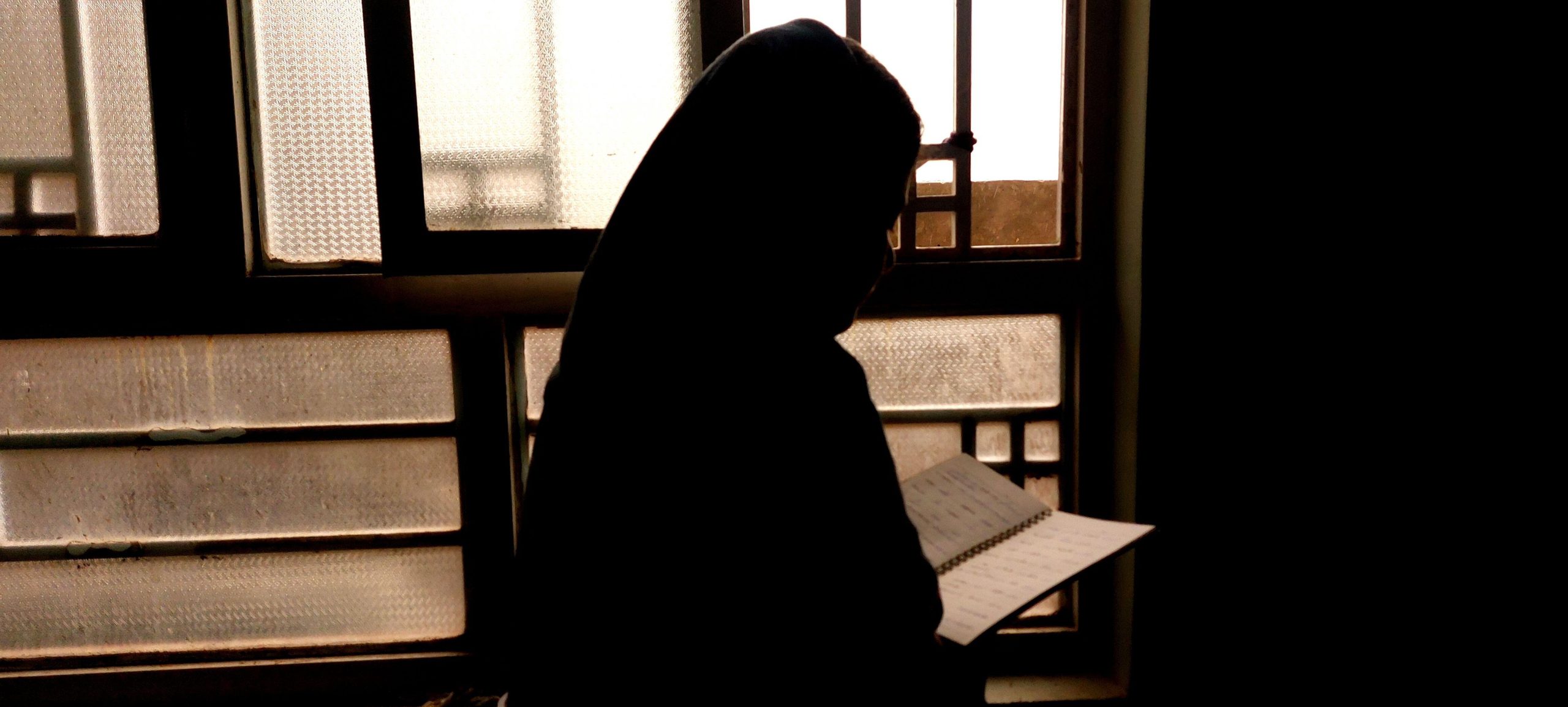On Sunday, David Miranda, the partner of Guardian journalist Glenn Greenwald who has been instrumental in revealing mass surveillance programmes run by the US, was detained at London Heathrow. He was held for almost nine hours and questioned under Schedule 7 of the Terrorism Act 2000, the law which allows the police to stop, detain and question any individuals at airports and other border areas.
According to the New York Times, Brazilian citizen Miranda was travelling between Berlin and Rio De Janeiro, where he lives with Greenwald. Miranda had met journalist Laura Poitras in Germany, apparently in order to exchange documents. Greenwald said that the Guardian had paid for Miranda’s trip.
The broad powers that the Terrorism Act 2000 has given to the police were supposed to be used to clamp down on terrorism. However, as the example of David Miranda shows when such powers are not controlled they can be easily abused. The Terrorism Act creates a situation in which all of us, whenever we are at airports or other border areas can become potential terrorism suspects. As a result the most crucial human rights that all people have are put into question.
Under the Terrorism Act people detained or questioned are not automatically allowed to have access to a lawyer. If they exercise their right to remain silent to avoid self-incrimination they may be charged with a separate offence for refusing to cooperate with the police. The detention of David Miranda makes it difficult to escape the conclusion that the Terrorism Act allows the authorities to target journalists and others such as human rights defenders.
Index Chief Executive Kirsty Hughes commented: “The Terrorism Act should not be used to directly or indirectly intimidate journalists. If David Miranda was detained because of his association with Glenn Greenwald, it is not only a misuse of the Terrorism Act but a direct challenge to free speech in this country and internationally.”





